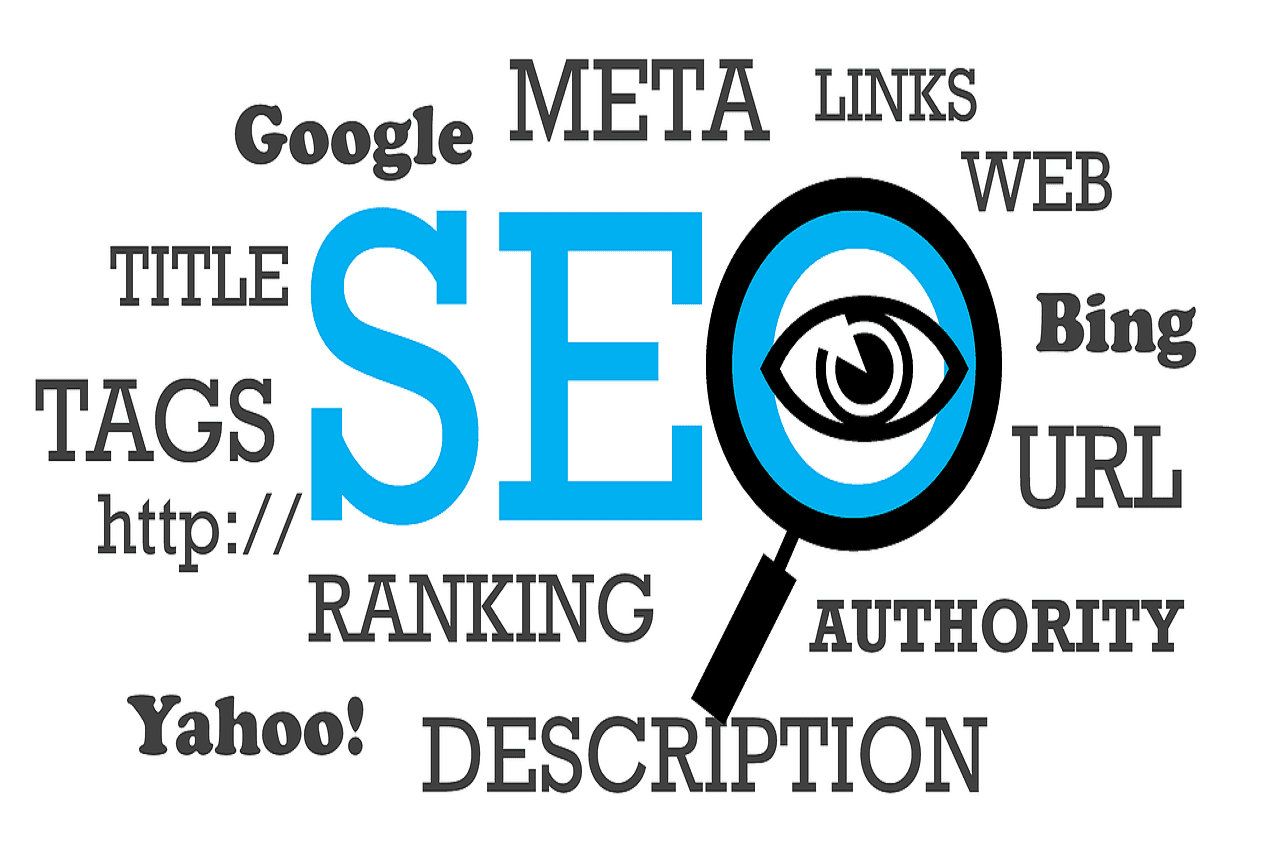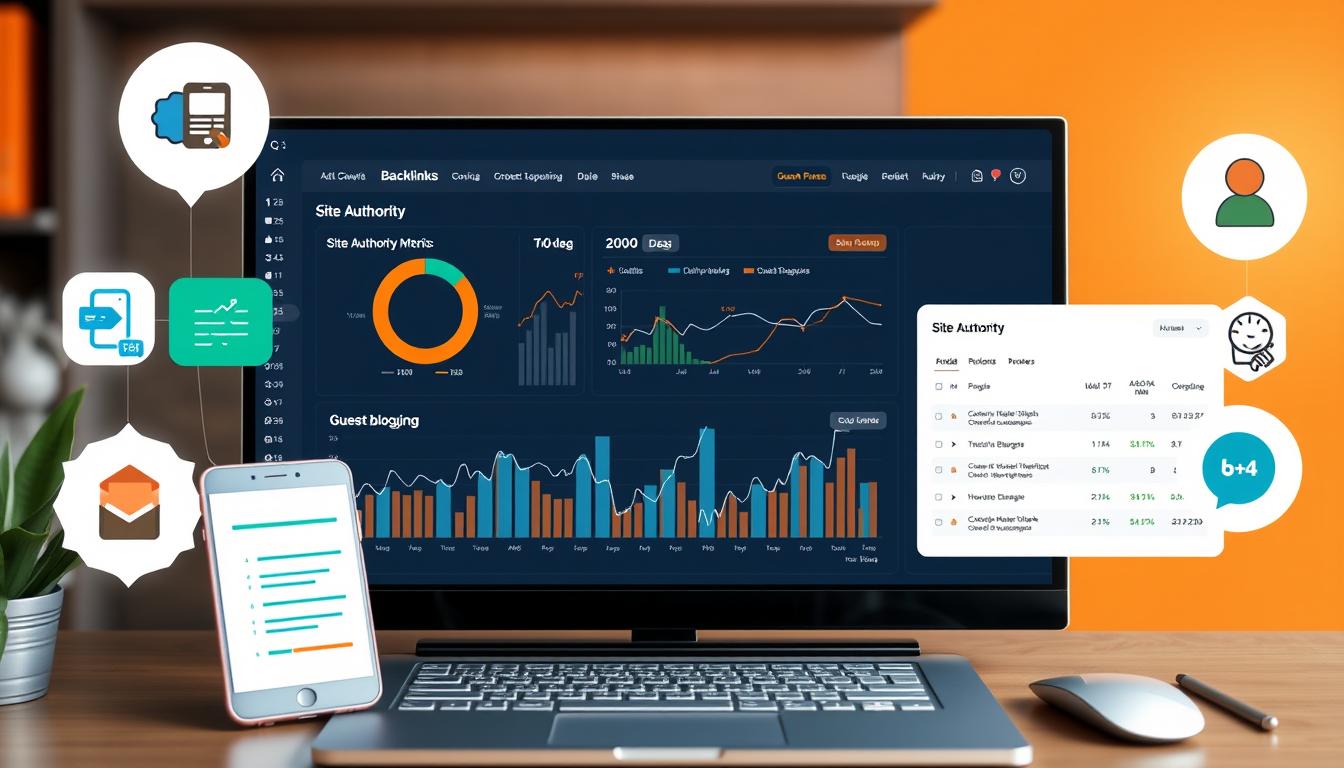Keyword Ranking Secrets to Grow Your Online Presence Fast

When it comes to optimizing online visibility, understanding keyword ranking is crucial. It’s the key to unlocking your website’s potential and reaching your target audience. By knowing where your keywords stand in search engine results, you can fine-tune your SEO strategy for maximum impact.
Tracking keyword rankings provides valuable insights into the effectiveness of your content and helps identify areas for improvement. With search engines constantly evolving their algorithms, staying ahead in the keyword ranking game is a continuous process that demands attention to detail and adaptability.
In this article, delve into the world of keyword ranking and discover actionable tips to boost your website’s performance in search engine results pages. Stay tuned to uncover strategies that will elevate your online presence and drive organic traffic to new heights.
Key Takeaways
- Understanding keyword ranking is crucial for optimizing online visibility and connecting with target audiences effectively.
- On-Page SEO elements like meta tags, headings, content quality, and logical structure are vital for improving keyword rankings.
- Off-Page SEO strategies such as backlink building from reputable sites and engaging in guest blogging can boost keyword rankings.
- Implementing targeted strategies like meta tags optimization, content quality enhancement, and social media promotion can enhance website performance in search engine results.
- Monitoring and tracking keyword rankings using tools like Google Search Console or SEMrush is essential to evaluate SEO performance over time and stay ahead of competitors.
Understanding Keyword Ranking
Understanding keyword ranking is crucial for optimizing online visibility and connecting with target audiences effectively. By tracking keyword rankings, website owners can gain valuable insights into the performance of their content and pinpoint areas that require enhancement, especially with the ever-changing algorithms of search engines. The goal is to offer actionable strategies and tips to improve website performance in search engine results, ultimately enhancing online presence and boosting organic traffic.
Factors Influencing Keyword Ranking

On-Page SEO
On-Page SEO plays a crucial role in determining keyword ranking. Optimizing key elements directly on the website can significantly impact how search engines perceive and rank the site. By focusing on aspects such as meta tags, titles, headings, and content quality, website owners can enhance their chances of ranking well for targeted keywords. Ensuring that each page is structured logically with relevant keywords strategically placed throughout the content is essential for improving keyword rankings.
Off-Page SEO
In addition to On-Page SEO, Off-Page SEO strategies are vital for boosting keyword rankings. Building high-quality backlinks from reputable websites signals to search engines that the site is credible and authoritative, positively influencing its position in search results. Engaging in activities like guest blogging, social media promotion, and influencer collaborations can help generate valuable backlinks, thus improving the site’s overall authority and relevance for targeted keywords. Consistent efforts towards off-page optimization are essential for achieving sustainable growth in keyword rankings.
Strategies to Improve Keyword Ranking
To enhance keyword ranking and boost online visibility, website owners can implement various strategies that align with search engine algorithms’ evolving nature. By focusing on optimizing key elements both on the website (On-Page SEO) and through external sources (Off-Page SEO), they can improve their site’s authority and relevance, ultimately leading to higher keyword rankings.
On-Page SEO Strategies:
- Meta Tags Optimization: Crafting relevant and compelling meta titles and descriptions that incorporate target keywords.
- Content Quality Enhancement: Creating high-quality, valuable content that is optimized for specific keywords.
- Heading Structure Optimization: Using appropriate heading tags (H1, H2, etc.) to organize content effectively.
- Internal Linking: Connecting pages within the website using anchor text with relevant keywords.
- Backlink Building: Acquiring backlinks from authoritative websites related to the industry or niche.
- Guest Blogging: Writing informative articles for other reputable sites in exchange for backlinks.
- Social Media Promotion: Sharing content on social platforms to increase visibility and drive traffic.
By implementing these targeted strategies, website owners can enhance their site’s overall performance in search engine results and achieve improved keyword rankings, driving organic traffic growth over time.
Monitoring and Tracking Keyword Ranking

Monitoring and Tracking Keyword Ranking is crucial for assessing the performance of a website in search engine results. By regularly monitoring keyword rankings, website owners can gain valuable insights into how well their content is optimized for specific keywords and identify areas that require improvement.
Tracking keyword ranking allows website owners to measure the effectiveness of their SEO efforts over time. It provides data on fluctuations in keyword positions, helping them understand which strategies are working and which ones need adjustment. By keeping a close eye on keyword rankings, they can adapt their SEO tactics to keep pace with evolving search engine algorithms.
Tools like Google Search Console, SEMrush, or Ahrefs offer comprehensive features for monitoring keyword rankings. These tools provide detailed reports on keyword performance, including changes in rankings, search volume, and competition level. Website owners can use this information to refine their keyword targeting and optimize their content accordingly.
Regularly checking keyword rankings also enables website owners to stay ahead of competitors. By analyzing competitor keywords, they can identify new opportunities for optimization and develop strategies to outrank them in search results. Understanding where competitors rank for specific keywords helps website owners adjust their SEO approach to remain competitive in the digital landscape.
Monitoring and tracking keyword ranking is essential for evaluating SEO performance, refining content optimization strategies, adapting to search engine algorithm changes, staying ahead of competitors, and ultimately improving online visibility and organic traffic growth.
Conclusion
Understanding keyword ranking is a pivotal aspect of optimizing online visibility and connecting with target audiences effectively. By tracking keyword rankings, valuable insights into content performance are gained, enabling website owners to identify areas for enhancement as search engine algorithms evolve. Implementing actionable tips and strategies discussed in this article can significantly boost website performance in search engine results, ultimately increasing organic traffic and elevating online presence.
On-Page and Off-Page SEO play crucial roles in influencing keyword ranking. Optimizing key elements directly on the website through On-Page SEO improves how search engines perceive and rank the site. Off-Page SEO strategies like building high-quality backlinks from reputable sources are essential for enhancing authority and relevance, leading to sustainable growth in keyword rankings.
Monitoring and tracking keyword rankings are imperative for assessing website performance accurately. Regular monitoring allows website owners to measure success, adapt strategies based on position fluctuations, analyze competitor keywords for competitiveness, and refine targeting using tools like Google Search Console or SEMrush. Consistent monitoring is vital for evaluating SEO performance, adapting to algorithm changes effectively, and driving organic traffic growth over time.
Frequently Asked Questions
What is the importance of understanding keyword ranking for website optimization?
Keyword ranking is crucial for optimizing online visibility and connecting with target audiences. By tracking keyword rankings, website owners gain insights into content performance, identify areas for improvement, and navigate search engine algorithm changes effectively.
What are the critical factors influencing keyword ranking?
On-Page SEO involves optimizing elements on the website like meta tags and content quality. Off-Page SEO includes building high-quality backlinks from reputable sites and engaging in activities like guest blogging and social media promotion to boost keyword rankings.
What strategies can improve keyword ranking?
For On-Page SEO, optimize meta tags, enhance content quality, structure headings effectively, and use internal linking. For Off-Page SEO, acquire backlinks from authoritative sites, engage in guest blogging, and promote content on social media to enhance overall performance in search results.
Why is monitoring and tracking keyword rankings essential?
Regular monitoring provides insights into content optimization effectiveness, helps identify areas needing improvement, measures SEO success, adapts strategies based on fluctuations in positions, analyzes competitor keywords for competitiveness using tools like Google Search Console or SEMrush.





